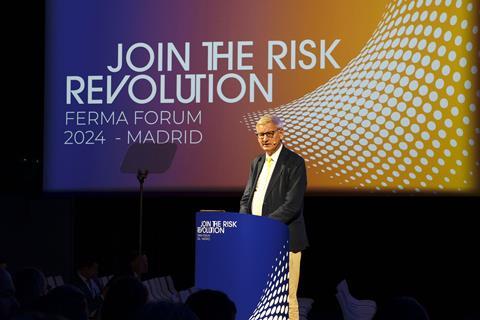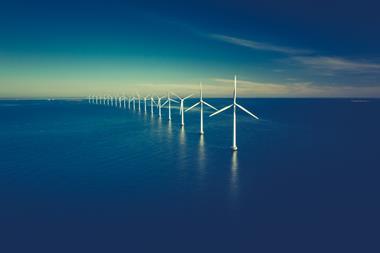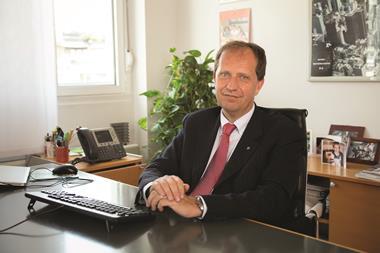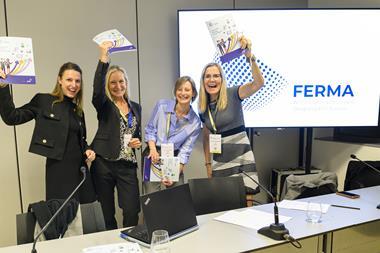Threats such as climate change and pandemic preparedness requite international co-operation. But can leaders achieve this amid growing political instability
Risk managers today are operating in a world characterised by geopolitical instability, shifting power dynamics and tensions across the globe.
This was the message shared by Carl Bildt, the former Swedish Prime Minister and co-chair of the European Council on Foreign Relations, at the FERMA conference in Madrid.

He told the audience that this instability is in direct contrast to the optimism observed over the past two decades when Europe was seen as prosperous, secure, and free.
He described how the evolution of major global powers, such as the United States, China, and Russia is creating significant new business risks.
For instance, he said the US’ anxiety about losing dominance in global affairs is triggering nervous reactions, China risks overextending itself in the quest to regain global influence and Russia’s fear of decline and change is leading to aggressive actions.
Meanwhile, he added, emerging middle powers like Turkey, India, Brazil, and Saudi Arabia are asserting their interests, further complicating the global landscape.
This instability is evident in conflicts such as the wars in Ukraine and the Middle East, which not only dominate headlines but reveal broader tensions and unresolved structural and stability issues, contributing to the current explosive situations.
Global challenges
Bildt cautioned that there are several global challenges which need collective action transcending national borders, something that he says is proving near impossible in the current political landscape.
For instance, he highlighted climate change, pandemics, migration, and technological revolutions as key issues that require international cooperation, but warned that countries are failing to collaborate effectively due to rising tensions.
He added that bodies such as the UN Security Council struggle with basic organisational tasks, such as when to meet, let alone what decisions to take.
And despite the lessons of the Covid-19 pandemic, Bildt points to a bleak report on global pandemic preparedness, which concludes that the world remains ill-prepared for future health crises.
Similarly, even though there is an urgent need to tackle climate change, stalled progress means that there are record warm temperatures and increasingly common extreme weather events. Now, the global transition away from fossil fuels, a monumental task, must be achieved within a few decades.
Bildt points to the upcoming climate conference (COP 29 in Baku) as a critical juncture where the world must decide on collective action or risk approaching dangerous tipping points.
Europe’s role
Bildt’s final theme was centred on Europe’s responsibilities amid the global turbulence.
He acknowledged that European Union (EU) has been a crisis manager during various past events, including the financial crisis, and the ongoing response to Russian aggression in Ukraine.
He added that despite appearing messy, with endless meetings and complex negotiations, the EU has generally managed to deliver results and uphold stability.
However, Bildt said that increasing strains on the EU, particularly Russia’s full-scale aggression against Ukraine has entailed enormous humanitarian and financial costs, affecting global markets and creating broader security implications. He also warned of hybrid tactics creating a new level of threat that blends conventional and digital warfare.
Finally, he emphasised Europe’s dependency on strong transatlantic relations with the United States as a growing concern, particularly in light of potential changes in U.S. policy and leadership.
The upcoming American presidential election could therefore have a significant impact on the transatlantic relationship, trade policies, and international cooperation. A victory for a candidate skeptical of the EU and international cooperation could spell difficulties for Europe.














No comments yet